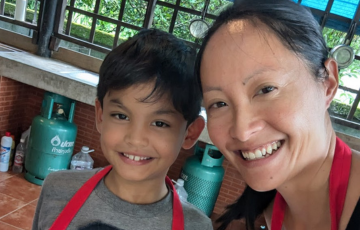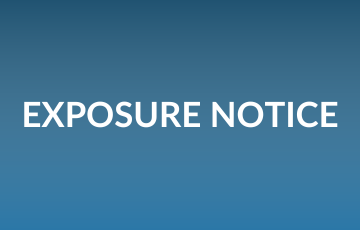How can I get tested for HIV?
Standard testing for Human Immunodeficiency Virus (HIV) is performed through serologic testing, which requires a small sample of blood to be drawn and sent to a lab for analysis. All labs in Canada use fourth-generation HIV tests, which can both detect the presence of HIV antibodies in your blood (your body’s reaction to the virus) and the virus itself. It can take from one to two weeks to receive test results.
The window period
The time period between HIV infection and the time when the HIV test will detect it is called the 'window period'. Its length varies according to individuals and the type of HIV test performed but usually goes from 4-6 weeks to up to 3 months. With any type of HIV test, it is recommended to test again 3 months after potential exposure to get a definitive result if the initial test was performed within that time frame.
Is the test anonymous?
In B.C., all HIV-positive test results must be reported to local public health authorities. However, you may request that only your first name, initials and date of birth (non-nominal) be reported instead of your full name (nominal).
STI testing (including for HIV) using an alias (a made up name) or only your initials is available at the Victoria Health Unit STI Clinic. No traceable contact information is collected. For more information, visit the website or phone 250-388-2200 to book an appointment.
Get tested for HIV
There are a number of HIV and STI testing clinics where you can have an HIV test either by appointment or by drop-in. Consult the SmartSexResource clinic finder to find the location of a clinic near you.
Get Checked Online
GetCheckedOnline is an internet-based service that offers confidential testing for sexually-transmitted and blood borne infections without needing to visit a doctor. GetCheckedOnline is available in partnership with the BC Centre for Disease Control (BC CDC).
Rapid HIV testing
A rapid HIV test, also known as a point-of-care (POC) HIV test, requires taking a few drops of a person’s blood through a finger prick. The blood is tested for the presence of HIV antibodies on-site while a client waits. Those who screen negative will have their results within minutes; reactive results must be confirmed through a blood draw sent to the provincial laboratory. Choose “HIV testing (point of care)” from the search options through the SmartSexResource clinic finder to locate your nearest POC testing location.
While receiving treatment at an acute care hospital
HIV testing is routinely offered at select hospitals within Island Health Authority.
At your local health unit
Check with your local public health unit to find out if HIV testing is available.
When should I get a test?
The B.C. HIV Testing Guidelines recommend that health care providers know the HIV status of all patients under their care. An HIV test should be offered:
What happens if my test is positive?
A positive result on a HIV test can feel scary and overwhelming. However, with appropriate treatment, HIV is now considered a manageable chronic disease and people living with HIV can live long, healthy and fulfilled lives. Learning about HIV and the treatment options available to you will help reducing the anxiety that comes with a diagnosis.
What can you expect following your diagnosis?
After your diagnosis, you will be contacted by a Communicable Disease Nurse, who will make sure that you start working closely with a health care provider experienced in treating people with HIV and get appropriate support as soon as possible. The things they will discuss with you include:
What are the treatment options for someone who is HIV-positive?
With appropriate treatment and care, HIV is considered a manageable chronic disease, like diabetes or heart disease. Nowadays, an individual living with HIV can expect to live a long and healthy life. HIV treatment also helps prevent passing on HIV to others.
In British Columbia, HIV/AIDS medications are provided at no cost to medically eligible patients through the BC Centre for Excellence in HIV/AIDS Drug Treatment Program.
For more information on treatment, see Your Guide to HIV Treatment
Additional Resources
For more information on HIV, consult these CATIE fact sheets:
If you are newly diagnosed with HIV, see:
For additional information, call HealthLinkBC at 8-1-1 and speak to a registered nurse anonymously anytime, every day of the year.



